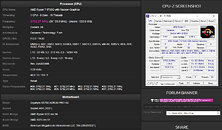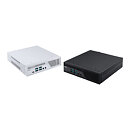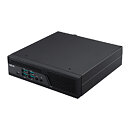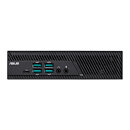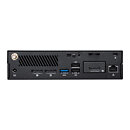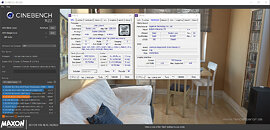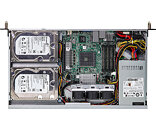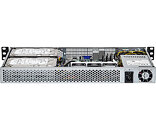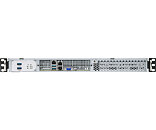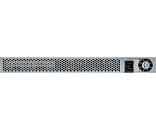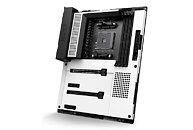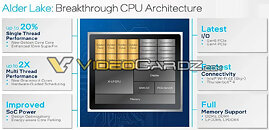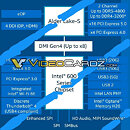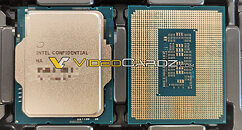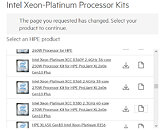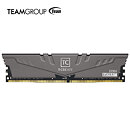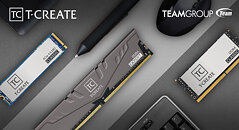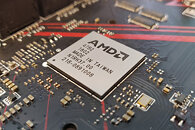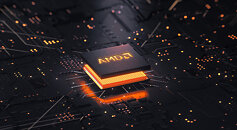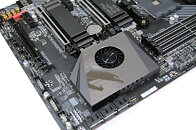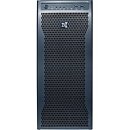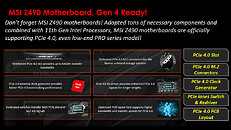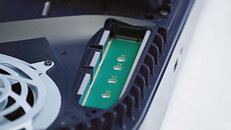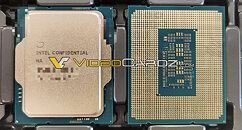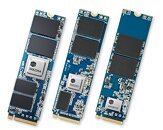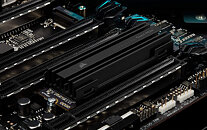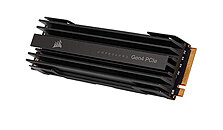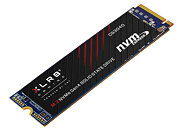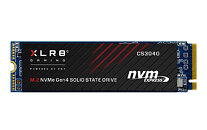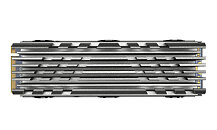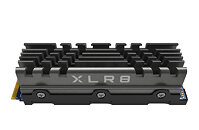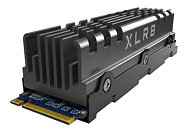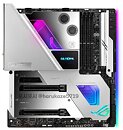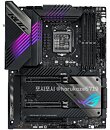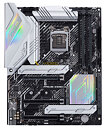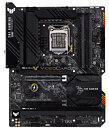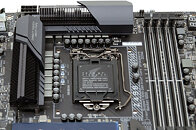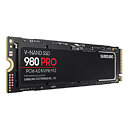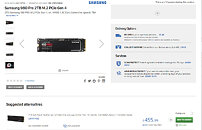
AMD X570S Motherboard Spotted Alongside Ryzen 7 5700G APU
AMD seems to be preparing a chipset refresh, and this time, it is coming straight from the top-end market. When the company launched its high-end X570 chipset, it brought the PCIe 4.0 support, which many praised due to its capability to handle much faster NVMe drives. However, it seems like the company is not satisfied with that and it needs to release an updated chipset version called X570S. According to a popular hardware leaker, TUM_APISAK, we have discovered that GIGABYTE is preparing X570S Aorus Pro AX motherboard that will use the refreshed chipset. GIGABYTE already listed several Eurasian Economic Commission (EEC) listings, so the new chipset is sure to hit the market, just at an unknown time.
The S denotes the word silent, meaning that these updated chipsets are capable of working with passive cooling and possibly having a lower TDP compared to 11 and 15 Watts of the X570 chipsets for consumer and enterprise motherboards, respectively. The test was conducted using AMD's newly announced Ryzen 7 5700G processor. The 5000-series of APUs are so far limited to OEMs, so one would guess that GIGABYTE itself made the leak by using a public entry of CPU-Z validation.
The S denotes the word silent, meaning that these updated chipsets are capable of working with passive cooling and possibly having a lower TDP compared to 11 and 15 Watts of the X570 chipsets for consumer and enterprise motherboards, respectively. The test was conducted using AMD's newly announced Ryzen 7 5700G processor. The 5000-series of APUs are so far limited to OEMs, so one would guess that GIGABYTE itself made the leak by using a public entry of CPU-Z validation.
